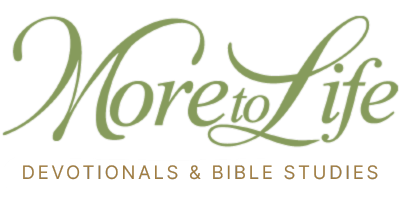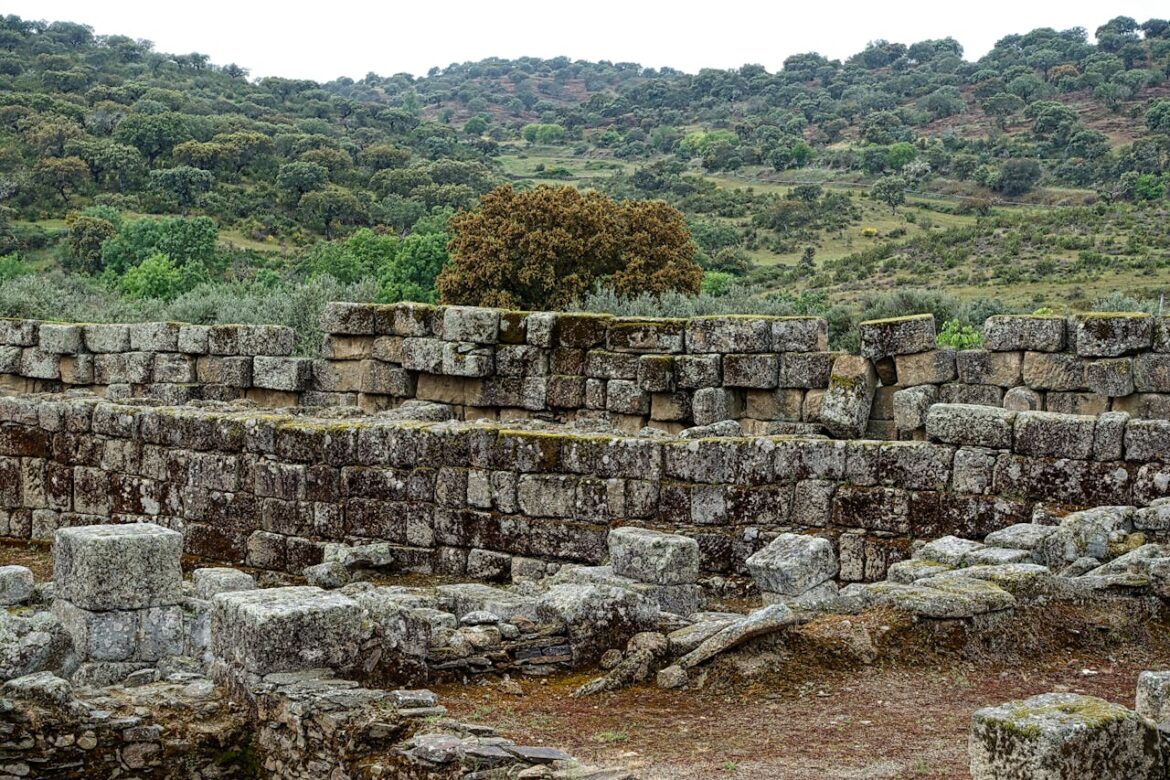Isaiah 40:31 NIV “But those who hope in the Lord will renew their strength. They will soar on wings like eagles; they will run and not grow weary, they will walk and not be faint.” I’ve always loved the idea of being a runner. I often wondered what it must be like to wake before the rest of the world and step out into a cool, foggy morning with the sole purpose of running. I’ve never experienced what that cool air must feel like as it floods into your lungs. How your muscles must grow weak, yet you push on.…
1 Samuel 17:34-35 NLT “But David persisted. “I have been taking care of my father’s sheep and goats,” he said. “When a lion or a bear comes to steal a lamb from the flock, I go after it with a club and rescue the lamb from its mouth. If the animal turns on me, I catch it by the jaw and club it to death.” I am amazed at how fearless David was. I can visualize David as he spent a normal day tending sheep and suddenly realized that a lion was heading his way with only one intention in mind, to steal and devour one of his sheep. I imagine myself in that situation, and I can assure you my reaction may have been slightly different (cue running and screaming). Protecting sheep is a crucial and fundamental part of our calling. Psalms 23 begins with “The Lord is my shepherd; I shall not want.” 1 John 2:6 tells us, “Those who say they live in God should live their lives as Jesus did.” If we strive to be like Jesus, we should have the heart and characteristics of a shepherd. A shepherd always goes above and beyond for just…
Jeremiah 33:25 “But this is what the Lord says: I would no more reject my people than I would change my laws that govern night and day, earth and sky.” I have always thought I understood what love was, but once I had my first daughter, I quickly realized that I knew very little about unconditional love. I adore my two sweet girls, but they wreck me. Ask anyone who knows me, when I start talking about my girls, I usually end up crying happy tears. When I read this verse, I was struck by just how much God loves us. We are infinitely loved by a God who is always pursuing us, even when we deserve it the least. It doesn’t matter what you have done in this life; He adores you. He wants a relationship with you. His love for you will never change. I saw a quote on social media that said, “He’s an ‘I don’t care how far you’ve run just come home’ kind of God.” If only we could fully grasp how Jesus feels about us. We are His daughters! If you have wandered farther than you wanted to, He is still as close as…
I told them how the hand of my God had been favorable to me and also about the king’s words which he had spoken to me. Then they said, “Let us arise and build.” So they put their hands to the good work. Nehemiah 2:18 NASB To better understand how Nehemiah arrived at this moment, we must first go back in time. We read in 2 Kings 25:1 how “Nebuchadnezzar king of Babylon marched against Jerusalem with his whole army.” What follows in the coming days would lead to the destruction of Jerusalem and leave many of its people dead or in…
He replied, “Because you have so little faith. Truly I tell you, if you have faith as small as a mustard seed, you can say to this mountain, ‘Move from here to there,’ and it will move. Nothing will be impossible for you.” Matthew 17:20 NIV I’ve often heard this scripture quoted, preached, and taught, but have never actually studied what a mustard seed is. The above scripture is incredibly powerful in its imagery. What type of faith is required to speak to a mountain and have it obey? The term “mustard seed” is mentioned 10 times across 5 verses in the Bible. While the mustard seed technically was not the smallest seed during ancient times, it was used as a metaphor to describe something as being small. Measuring between one and two millimeters, the mustard seed comes from humble beginnings. This speck may not look like much, but it had the potential to grow anywhere from four to fifteen feet in height. There is much speculation about why Jesus chose to use the mustard seed in this parable, but culturally speaking, it would have been an image that made sense for the time; a small seed with the ability to grow into something…
When the Pharisee who had invited him saw this, he said to himself, “If this man were a prophet, he would know who is touching him and what kind of woman she is—that she is a sinner.” Jesus answered him, “Simon, I have something to tell you.” Luke 7:39-40 ESV In this story, we find that a Pharisee has invited Jesus to his home to share a meal. I’m unsure of the motive behind this, as Pharisees often attempted to trick and trip up Jesus; however, an invitation was extended, and Jesus accepted. While there, a local woman learned this gathering was happening and invited herself, along with a gift: an expensive alabaster jar of perfume. Many of us know the story, as Mary – “stood behind him at his feet weeping, she began to wet his feet with her tears. Then she wiped them with her hair, kissed them and poured perfume on them.” (Luke 7:38) The Pharisee who invited Jesus to his home began to think to himself, “If this man were a prophet, he would know who is touching him and what kind of woman she is—that she is a sinner.” (Luke 7:39) Jesus, knowing the thoughts of the…


